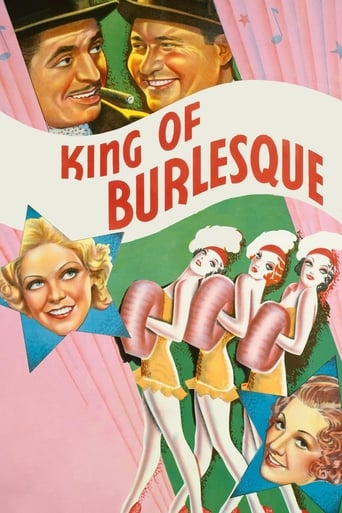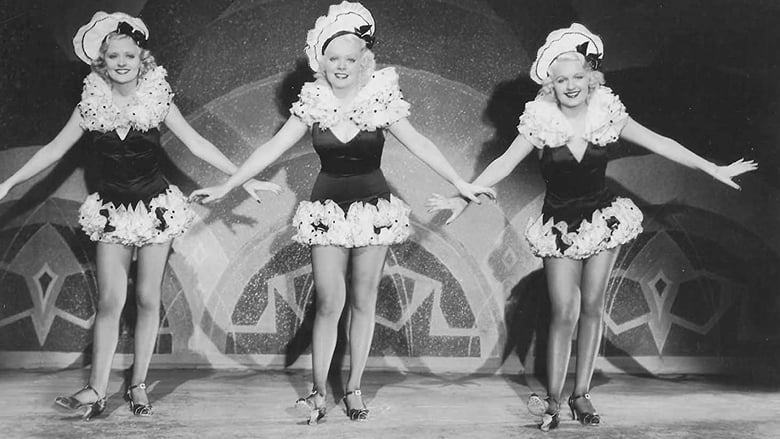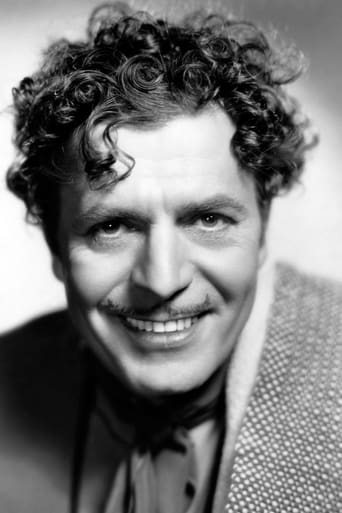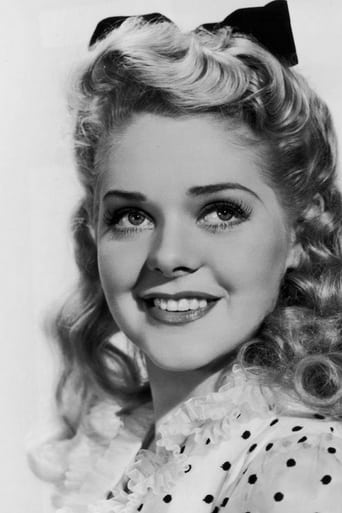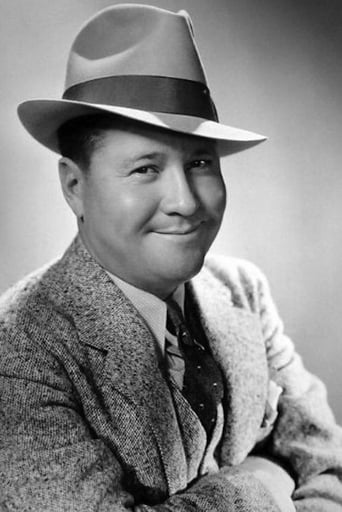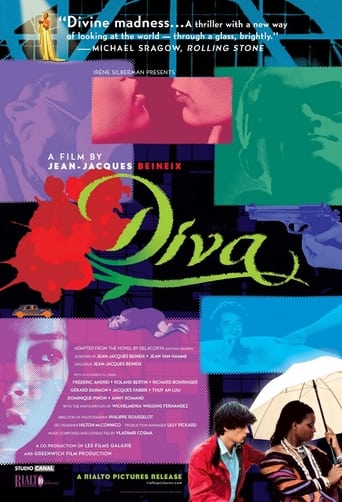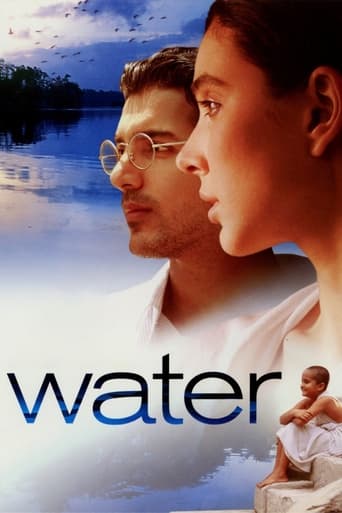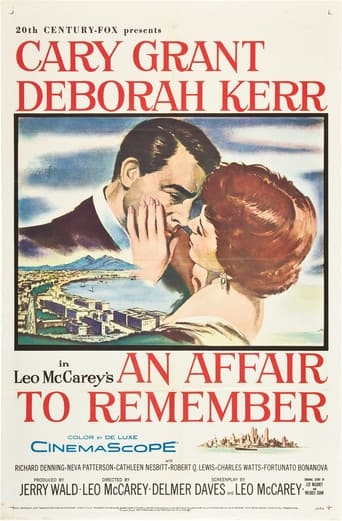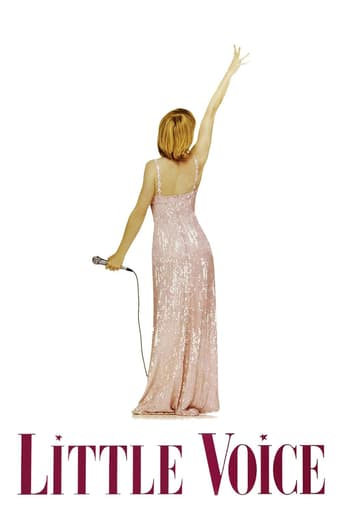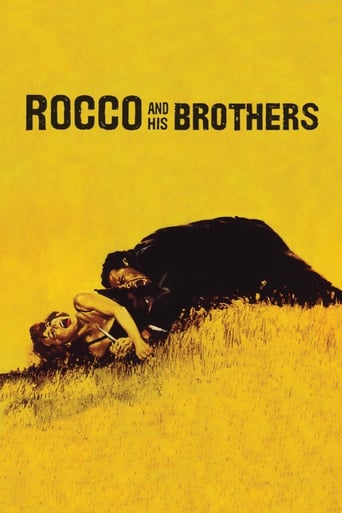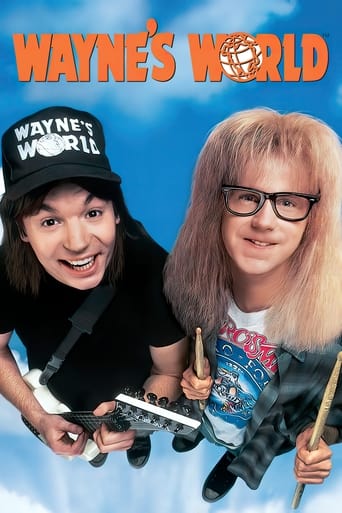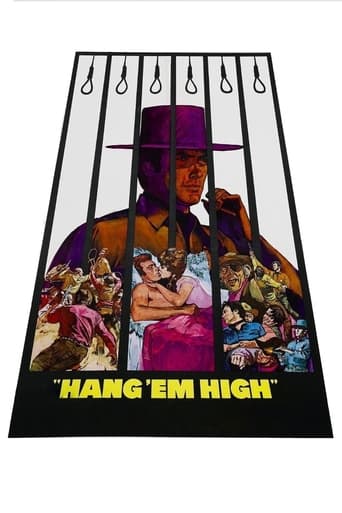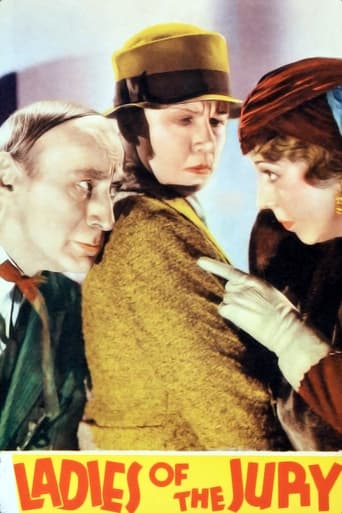King of Burlesque (1936)
Warner Baxter plays the ambitious producer of a burlesque show who rises to the big time on Broadway. Alice Faye is the loyal burleycue singer who helps make Baxter a success. His head turned by sudden fame, Baxter falls under the spell of a society woman (Mona Barrie) who has theatrical aspirations of her own. She marries Baxter, then convinces him to produce a string of "artistic" plays rather than his extravagant musical revues. The plays are flops, and the woman haughtily divorces Baxter. Faithful Alice Faye, who'd gone to London when her ex-beau was married, returns to the penniless Baxter. She and her burlesque buddies team up to pull Baxter out of his rut and put him on top again.
Watch Trailer
Cast


Similar titles
Reviews
Wonderful character development!
Too much of everything
Best movie ever!
This is a small, humorous movie in some ways, but it has a huge heart. What a nice experience.
If you've watched many musicals (particularly Fox musicals), then you'll have a strong sense of déjà vu when you watch it. In other words, the script is the exact same script that you've seen before and will see again if you watch any more musicals from this era it's . Without even searching IMDb, I recall having seen the exact same script (with very minor changes) in "Alexander's Ragtime Band". And, considering that Warner Baxter stars in the film, it can be compared in many ways to "42nd Street".Here is the clichéd story outline. Baxter is super-successful at what he does best--Burlesque-inspired musicals for the masses. However, he meets a highbrow society dame and loses his focus--trying to make sophisticated shows instead of his usual fare. Naturally, they flop. In addition, he has another woman who adores him but he just doesn't see it. Late in the film, this woman (Alice Faye) returns and unknown to him finances his comeback. Only then, when he's back on top, does he realize that he's loved her all along--and the film ends with them in the clinch.Unfortunately, this one has relatively bland songs and a terribly muted performance from Baxter. Regardless why, it's just a rather well made but dull musical with nothing distinguished to offer. I did appreciate, however, that the two female dancing leads were a bit chunky--a nice acknowledgment that not all ladies are size 4!
Kerry Bolton (Baxter) decides to take his vaudeville revue to Broadway and succeeds with one hit show after another. Helping him along are blonde singer Pat Doran (Alice Faye) who helps arrange the musical numbers and Joe Cooney (Jack Oakie) who ... well I could never figure out how he was being helpful - to Bolton or the plot. Oakie is used to much better comic effect in later Fox films such as "Tin Pan Alley". Somewhat formulaicly, Bolton overlooks the adoring girl right under his nose (Pat) and falls for a society woman, Mrs. Rosalind Cleve, who is flat broke. She plays hard to get, mainly because she thinks Bolton is vulgar, but she eventually lets him catch her because his money helps her overlook what she considers his rougher points. Pretty soon she's changing Bolton both personally and professionally. She convinces him his shows are low-brow and persuades him to alter his style. The new shows may have class but what they lack are paying customers. Meanwhile, a heartbroken Pat has left for England to try and forget Bolton when she gets the news that Pat's career, money, and of course his fair weather wife are gone. How will all of this work out with Bolton's exuberance and self-confidence crushed by his recent bad judgment in both women and his work? Watch and find out.There are really some catchy songs and good numbers in this one, and with Alice Faye singing how can you really go wrong? There's also some fine tap dancing with Fats Waller on piano as an elevator operator who finally gets his big break. There are also some numbers that are reminiscent of Busby Berkeley's work over at Warner Brothers about this time. Gregory Ratoff has a very small but quite funny role as a Depression era forgotten man posing as a millionaire. You'll see the plot coming at you from a mile away, but the point is musical escapism, and at that it succeeds quite well.
Contains a cast of veteran (by then) actors and actresses, whose combined presence would normally be counted on to produce a top notch musical, but is somehow lacking the punch to put it completely over the top. The writing isn't really crisp, either; Jack Oakie could have phoned this one in. Neither is the music itself memorable, although the closer, "Who's Big Baby are You?" might have had you humming on the way out of the theater. Bright spots were few, but a Fats Waller number is something to look for, and Mona Barrie is fine as the calculating Broadway socialite. Perhaps this is one that would really benefit from being seen on the big screen. Television doesn't do it justice, maybe.
It seems many other contributing members are hypercritical of older films. Most films made in the 1930s and 1940s weren't meant to be memorable, just enjoyed for a brief time and then to be forgotten. Now television has resurrected them so people can look at them again.This film is typical of the era in which it was made. I did notice that it has some plot devices which re-appear in later 20th Century-Fox films (some of which also featured Alice Faye): The low-class man aspiring to high society and "a dame with class" repeated in "Hello Frisco Hello" and "Nob Hill", and Faye's getting passed up for another woman, then going off to London to be a big success on the stage there. Never let it be said that Darryl Zanuck didn't get mileage out of his story lines.Here we see Faye early in her career as a Jean Harlow knock-off, with platinum blonde hair and pencil-thin eyebrows. Not too long after this film, her appearance was normalized and she began singing in a lower key which made her voice so much richer. I think she was responsible for a whole new trend for female singers. Gone was the high-pitched, nasal sound, popular in the 1920s and early 30s.For fans of tap dancing, you can watch Dixie Dunbar, whose career never amounted to much, and also there is a nice performance by juvenile Gareth Joplin, on a level equal to that of any adult performer, but who evidently did not have much of a film career either.

